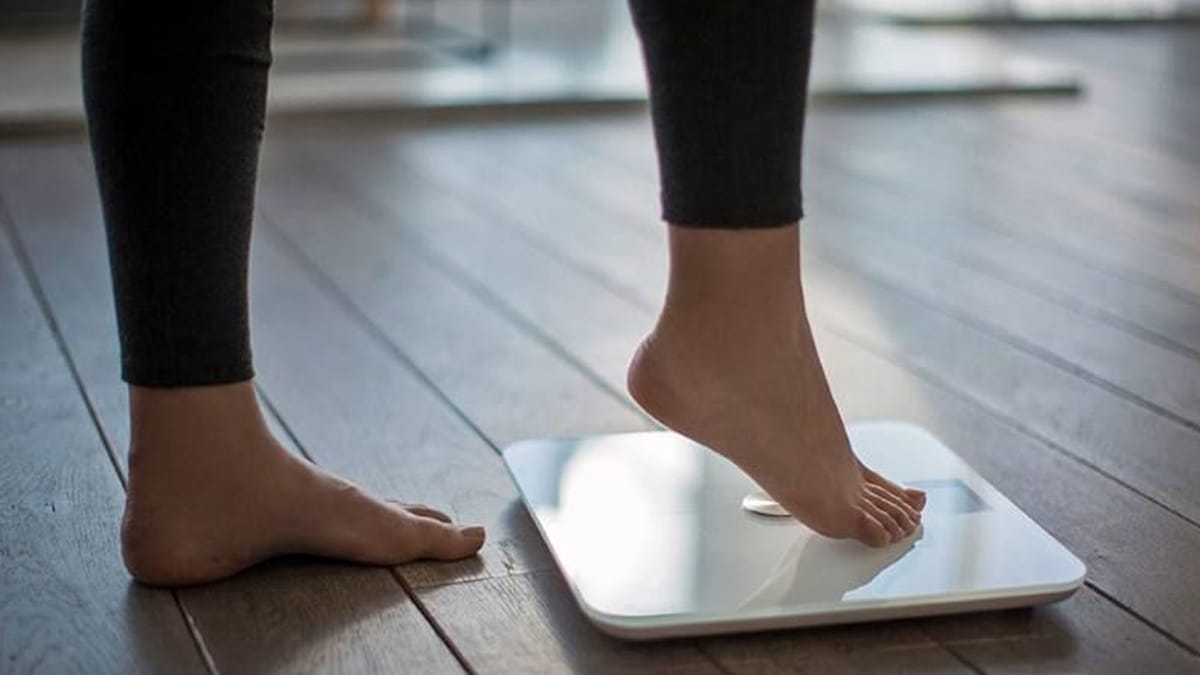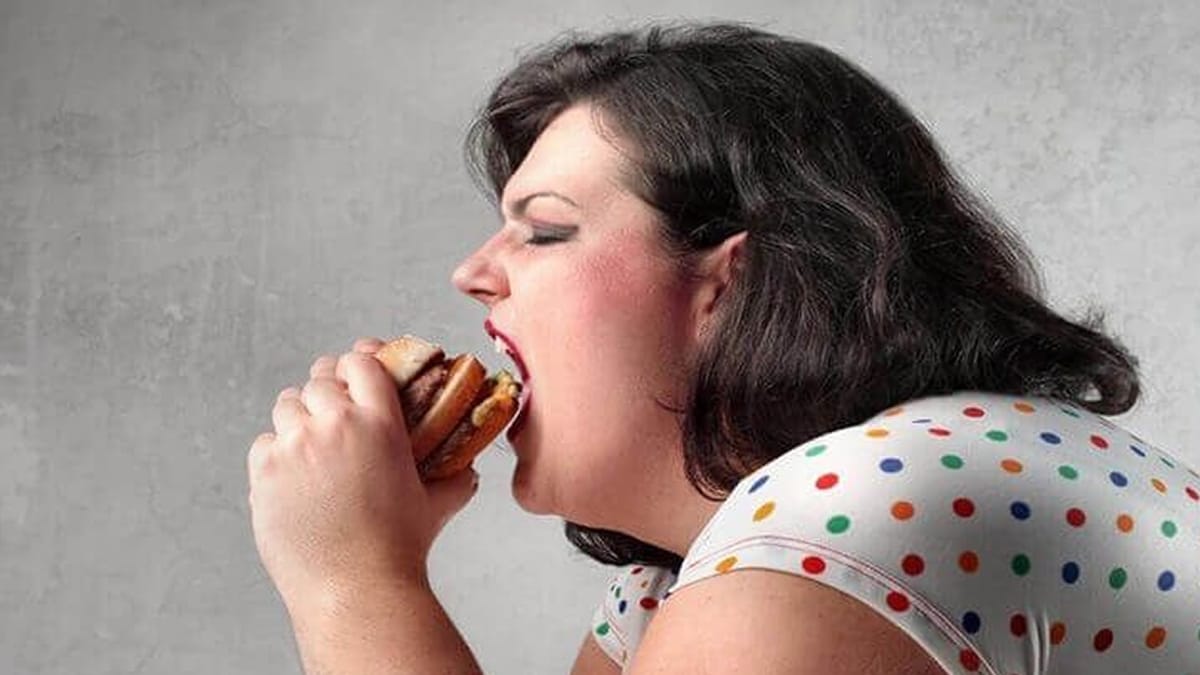Daily Habits You Don’t Realize Are Killing Your Weight Loss
Many people put endless effort into diets and workouts but still fail to lose weight. The shocking truth is this: it’s not always about what you eat or how much you exercise. Often, it’s your daily habits—those small, unnoticed actions—that silently destroy your progress.
Daily Habits You Don’t Realize Are Killing Your Weight Loss
Habits that seem harmless can sabotage metabolism, trigger overeating, and block fat loss without you realizing it. This article uncovers the most dangerous daily habits killing your weight loss, backed by science, and shows you how to replace them with smarter routines for lasting results.

Skipping Breakfast or Starting the Day With Sugar
One of the most common mistakes is either skipping breakfast or eating sugar-heavy foods like pastries, donuts, or sugary coffee drinks first thing in the morning. While you might think skipping breakfast cuts calories, research from Harvard Medical School shows that breakfast skippers often end up hungrier later, leading to overeating. And starting with sugar spikes your insulin, setting you up for fat storage and energy crashes. Instead, focus on a protein-rich breakfast—eggs, Greek yogurt, or oats—to stabilize blood sugar and support weight loss.
Mindless Snacking Throughout the Day
It’s easy to underestimate how much those “little bites” add up: a handful of chips here, a cookie there, or finishing leftovers. Mindless snacking can add hundreds of hidden calories daily, preventing fat loss. A study in the American Journal of Clinical Nutrition revealed that people who snack without awareness consume up to 40% more calories than planned. To break this habit, track what you eat, and replace processed snacks with high-protein or high-fiber options like nuts, vegetables, or fruit.
Not Drinking Enough Water
Dehydration is a silent weight loss killer. When your body is thirsty, it often sends hunger signals instead, making you overeat. Research from the University of Illinois found that increasing daily water intake by just one to three cups lowered calorie intake significantly. Water also supports metabolism and fat oxidation. Aim for at least 2–3 liters daily, and drink a glass before meals to naturally reduce calorie intake.
Overestimating Exercise Calories Burned
After a workout, do you reward yourself with a big meal or treat? Many people overestimate how many calories they burn during exercise. A 30-minute run might burn 300 calories, but a burger and fries can easily hit 1,000. This creates a dangerous cycle of eating back more than you burned. Studies in Obesity Reviews highlight that exercise alone rarely causes significant fat loss unless paired with controlled nutrition. The solution: track your food honestly and remember that nutrition drives 70–80% of weight loss.
Sitting Too Much
Even if you hit the gym daily, long hours of sitting at a desk or couch can erase progress. Extended sitting lowers calorie burn, reduces circulation, and impairs insulin sensitivity. A study in Diabetes Care showed that breaking up sitting with even light movement every 30 minutes dramatically improves metabolism. Try standing desks, walking meetings, or short stretching breaks. Every small movement counts toward fat loss.
Poor Sleep Habits
Sleep is often ignored but plays a critical role in fat loss. Lack of sleep disrupts hormones like ghrelin (hunger) and leptin (satiety), making you crave high-calorie foods. Research in Annals of Internal Medicine found that sleep-deprived people lost 55% less fat on the same diet compared to those with proper rest. Aim for 7–9 hours of quality sleep to maximize weight loss results.
Stress Eating and Emotional Triggers
Daily stress from work, relationships, or money problems often leads to emotional eating. Stress elevates cortisol, a hormone linked to belly fat storage and cravings for junk food. A study published in Psychoneuroendocrinology revealed that stress-eaters consume up to 300 more calories per day. Instead of turning to food, practice stress management habits like meditation, deep breathing, or even short walks to calm the mind and protect your weight loss progress.
Relying on “Healthy” Packaged Foods
Granola bars, protein cookies, or “low-fat” snacks often sound like smart choices but are filled with hidden sugars and processed ingredients. These foods spike blood sugar and encourage overeating. A report from the Journal of Public Health Nutrition warns that health claims on packaging often mislead consumers into thinking products are weight-loss-friendly. Always read labels carefully, and prioritize whole, unprocessed foods.
Not Tracking Portion Sizes
You might think you’re eating healthy, but portion distortion ruins fat loss. Extra scoops of rice, oversized bowls of pasta, or unlimited healthy fats like nuts can push you into calorie surplus. A study in the International Journal of Obesity found that participants who tracked their portions lost significantly more weight than those who didn’t. Use smaller plates, weigh food occasionally, and pay attention to serving sizes.
Too Much Alcohol or Sugary Drinks
Alcohol is calorie-dense, slows fat burning, and lowers inhibitions, making you overeat. Sugary drinks like sodas, lattes, and energy drinks add hundreds of empty calories without filling you up. Research in The Lancet shows that liquid calories are strongly linked to obesity risk. Limit alcohol to occasional moderation, and replace sugary drinks with sparkling water, green tea, or black coffee.
Final Transition
These daily habits may look harmless, but over time, they create massive roadblocks in your weight loss journey. By identifying and replacing them with healthier choices, you can finally unlock consistent fat loss, improve your health, and feel empowered.
Frequently Asked Questions (FAQ)
Why is skipping breakfast bad for weight loss?
Skipping breakfast often leads to overeating later and hormonal imbalances that slow fat loss.
How much water should I drink daily for weight loss?
At least 2–3 liters per day, or more if you exercise or live in hot climates.
Can stress really stop me from losing weight?
Yes. Stress elevates cortisol, which promotes fat storage and cravings for junk food.
Is it okay to drink alcohol while trying to lose weight?
In moderation, yes. But frequent alcohol intake slows fat burning and adds hidden calories.
Are packaged “diet” foods safe for weight loss?
Most are not. They often contain hidden sugars and chemicals that sabotage progress.
What tools or products can help improve my daily habits?
A reusable water bottle to stay hydrated
Meal prep containers for portion control
A fitness tracker for movement reminders
Sleep masks or white noise machines for better sleep
Food scales for accurate portioning
Tips to Avoid These Weight Loss-Killing Habits
Plan meals ahead to avoid random snacking.
Keep a food diary to stay accountable.
Limit screen time before bed to improve sleep.
Replace sugary drinks with water or tea.
Add small movement breaks every hour.
Final Thoughts: 7 Key Habits for Effective Weight Loss
Start the day with protein, not sugar.
Stay hydrated and track your intake.
Sleep 7–9 hours consistently.
Manage stress with healthy outlets.
Watch portions even with healthy foods.
Avoid liquid calories and hidden sugars.
Move more daily beyond the gym.
Reference & Additional Reading
Inspired by studies and insights from:
www.health.harvard.edu
www.menshealth.com
www.healthline.com
www.womenshealthmag.com
www.ncbi.nlm.nih.gov
www.webmd.com
www.medlineplus.gov
www.tridenttech.edu
www.burnexia.com

